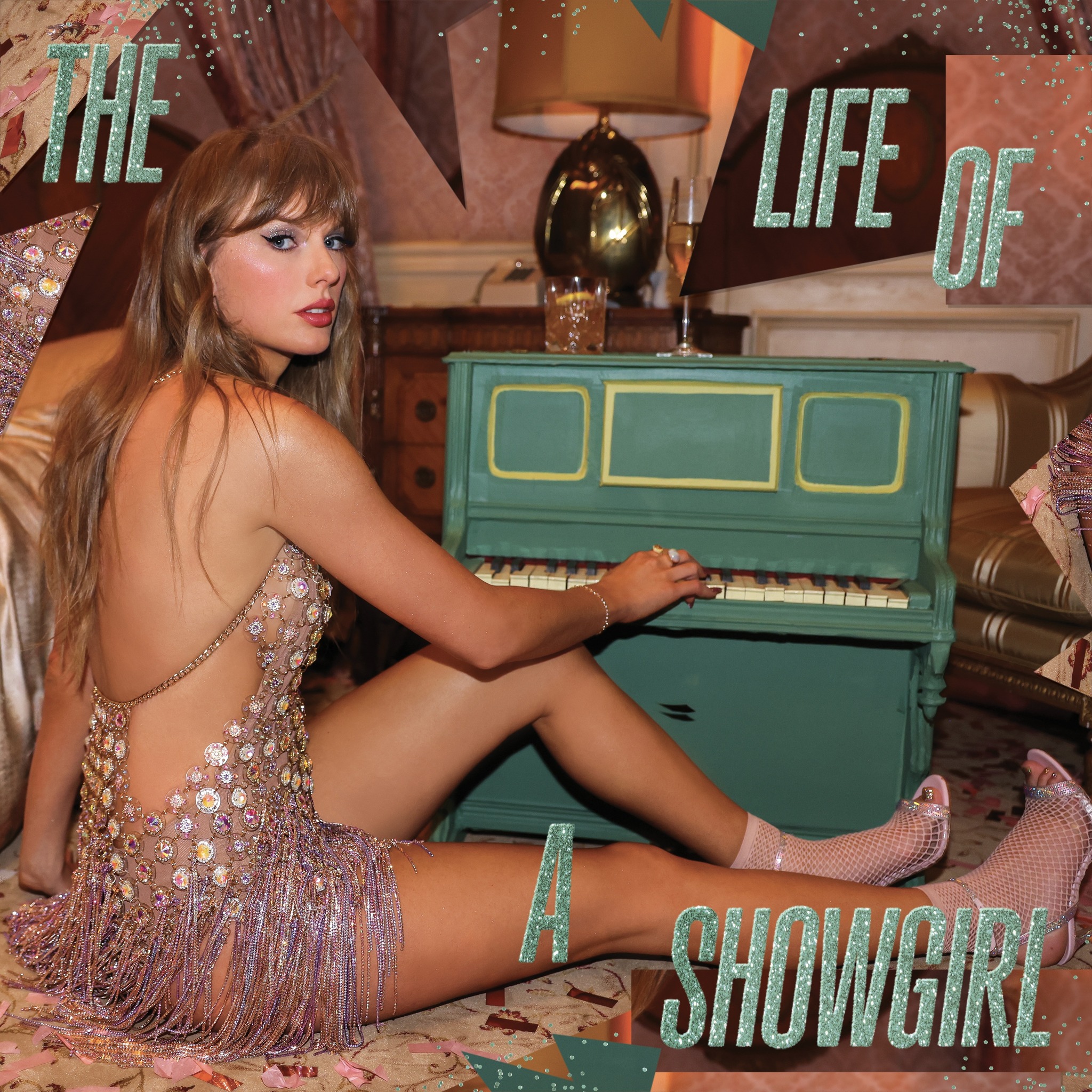Taylor Swift's latest album, The Life of a Showgirl, has unleashed polarising commentary from critics and fans alike. Some are praising its ambition while others are calling it overly introspective or self-referential.
But, Swift is not staying quiet amidst the controversy. The showgirl herself has engaged directly, offering insight into how a high-profile artist can weather public scrutiny.
Not long after the album's release (and the accompanying criticism), Swift delivered controlled statements and media appearances that strike a balance between acknowledgement and reframing. For her, the media controversy isn't 'bad PR' — it's just part of the life she leads.
“I welcome the chaos [...] The rule of show business is: if it's the first week of my album release and you are saying either my name or the name of my album title, you're helping” — T.S.
And, the proof is in the pudding: The Life of A Showgirl set the record (previously held by Swift's Tortured Poets album) in less than 11 hours as the most streamed album in a day on Spotify.

Via Facebook
Additionally, instead of ignoring the negative feedback, she addresses critics candidly in interviews and public video addresses while contextualising her work as a deliberate exploration of performance, identity and fame.
“I have a lot of respect for people's subjective opinions on art [...] What our goal is as entertainers is to be a mirror. What you're going through in your life is going to affect whether you relate to the music that I'm putting out at any given moment.” — T.S.
Swift then continues, stating that she enjoys hearing her fans find new appreciation for previous albums they did not initially connect with, such as a Fearless lover turning to reputation after new life experiences.
This shows how Swift's approach to the circulating conversations around her album is reflective instead of confrontational. She's not staying quiet, and she makes sure her voice is heard.
For PRs, her actions illustrate core principles for effective publicity and response comms:
-
Narrative Ownership: By publicly acknowledging the album's reception, she maintains agency over how the story is told.
-
Tone Calibration: She avoids defensiveness or confrontation; her tone is reflective, not reactive.
-
Strategic Timing: Her responses are synchronised with promotional materials and visual content, redirecting attention to her artistry rather than the media critique.
When it comes to PR, Swift and her team are not lacking in experience, and her twelfth era speaks to that. Her responsiveness turns criticism into dialogue — transforming what could be a reputational issue into deeper fan engagement and renewed relevance.
Did you enjoy this article? Let us know in the comments section below.
*Image courtesy of Canva and Facebook
**Information sourced from Apple Music and PR Week